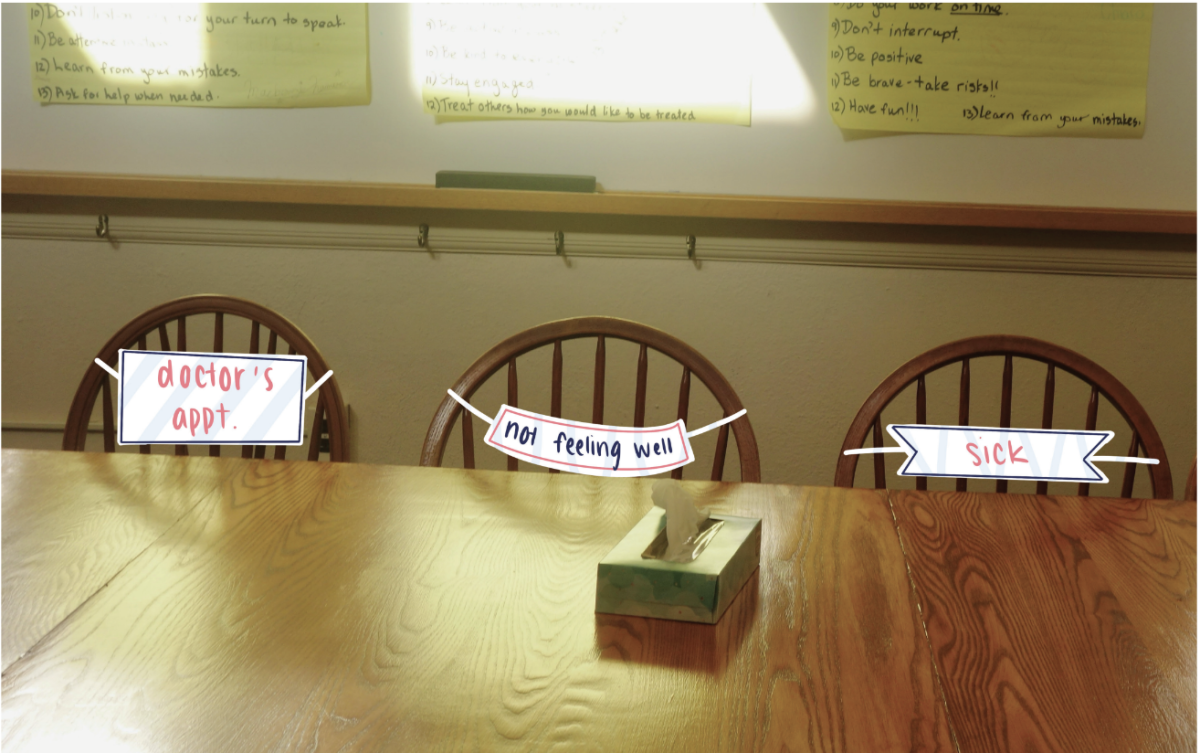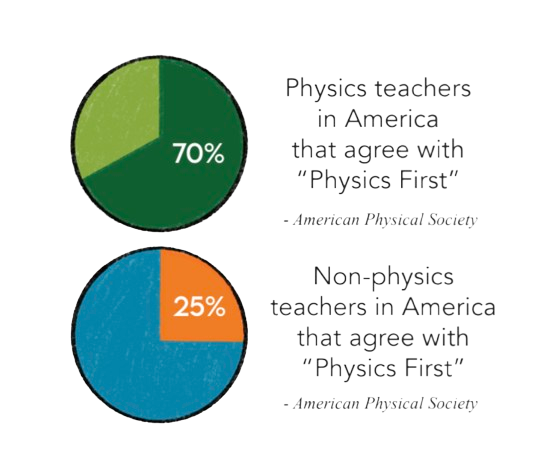Parental Leave at Baldwin
How do our teachers’ experiences with parental leave compare to the rest of the world?
Design and graphics by Leela Rajagopal ‘25
Teachers and parental leave at Baldwin.
According to the New York Times, the Family Medical Leave Act (FMLA) requires a minimum of 12 weeks of unpaid leave for new parents in the United States. This is a sharp contrast with the average 29 weeks of paid leave that is offered to mothers globally. Additionally, while FMLA grants unpaid leave to parents, short-term disability insurance is needed to obtain paid leave.
This lack of paid parental leave affects everyone, including our teachers. According to Baldwin’s director of Human Resources (HR), Ms. Kellee Boykins, the maternity leave policy at Baldwin is covered by short-term disability. This entails up to eight weeks leave with 100% pay, followed by 60% pay for the remaining weeks with a physician’s recommendation. New fathers are given up to two weeks off with 100% pay as of 2022.
Baldwin communicates with HR teams from other schools “all the time,” and Ms. Boykins says Baldwin’s policy is “very comparable to what others are doing.”
Ms. Tingling, the Upper School librarian, took 12 weeks of leave in 2022 when she gave birth to her son. After having her son in July in an emergency C-section, she took eight weeks of paid time off once the school year began and an additional four unpaid weeks per the FMLA.
She called Baldwin “very supportive” for allowing her and other parents to take more than the allotted time off if needed. Baldwin’s faculty thoughtfully encouraged her to avoid working while on leave, saying, “Focus on the baby. And send pictures!”
At her previous job, where she had her first child, Ms. Tingling was paid hourly, meaning she had no paid time off. She said this made the situation “a little more stressful.” While she took a full year off to care for her daughter, she worked part-time at the Drexel University library in the evenings when her husband came home from work.
She mentioned that the added stress of returning to work made nursing much more difficult.
She said, “I really like some of the more supportive systems that are in place in other countries. Not just more paid time off, but also programs for supporting lactation, caring for your baby, getting a regular sleep cycle, and access to diapers and wipes.”
Dr. Benjamin, Upper School English teacher, took six weeks off when he became the father of twins last year. Two of these were paid, one was over spring break, and three weeks were unpaid FMLA leave.
His partner was able to accrue time off, which she took in addition to her eight weeks of partially-paid maternity leave. Because teachers have paid vacation over school breaks, they do not accrue paid time off.
Dr. Benjamin believes the lack of mandated paid parental leave in America is a key issue that politicians should work to solve at both a state and national level.
According to Harvard Business Review, mothers who take time off risk adversely impacting their careers, perhaps forgoing a promotion or a pay raise. In Canada, only 13% of fathers use gender-neutral paid parental leave, compared to 91% of mothers, increasing the troublesome wage gap.
One possible solution is to create mandated paid leave for fathers, encouraging both parents to share the responsibility of caring for their newborns. Dr. Benjamin said, “More non-birthing parents should be encouraged to take parental leave when it’s available to them. I think that would have overall positive consequences for equity.”
He said, “It’s really important that the government ensures that people have time to bond with their children and recover from birth.”
Before 2022 when the paternal leave was implemented at Baldwin, Dr. Biss, an Upper School history teacher, was not offered any paid time off to care for the two children his wife had while he taught here. He spaced out his sick days in line with our A-day, B-day schedule, taking time off on the “lighter” days.
Dr. Biss pointed out one issue with FMLA: “FMLA time and short-term disability [only] covers [time off] immediately postpartum.”
This poses a problem for parents who adopt their children. There is no policy in the United States that allows adoptive parents to get paid time off when they first adopt their children, since they are not covered by disability insurance.
As reported by Vacation Tracker, many other countries provide pay to parents before and after adopting a child. In the UK, for example, there is a guarantee of Statutory Adoption Pay for up to 39 weeks.
At Baldwin, parents who adopt their children are covered under the FMLA, meaning they can receive up to 12 weeks of unpaid leave.
In terms of extending Baldwin’s parental leave policy, Ms. Boykins said, “If there is a federal program that rolls out or something that is state-funded, then we would be open to participating in it.”
America is missing a paid parental leave policy, leaving us many steps behind the rest of the world in terms of childcare. As Dr. Benjamin said, “It’s a real disgrace.”

Avani is the Editor-in-Chief of the Hourglass and has written for the paper since 9th grade. She loves playing tennis, spending time with friends, and...

































